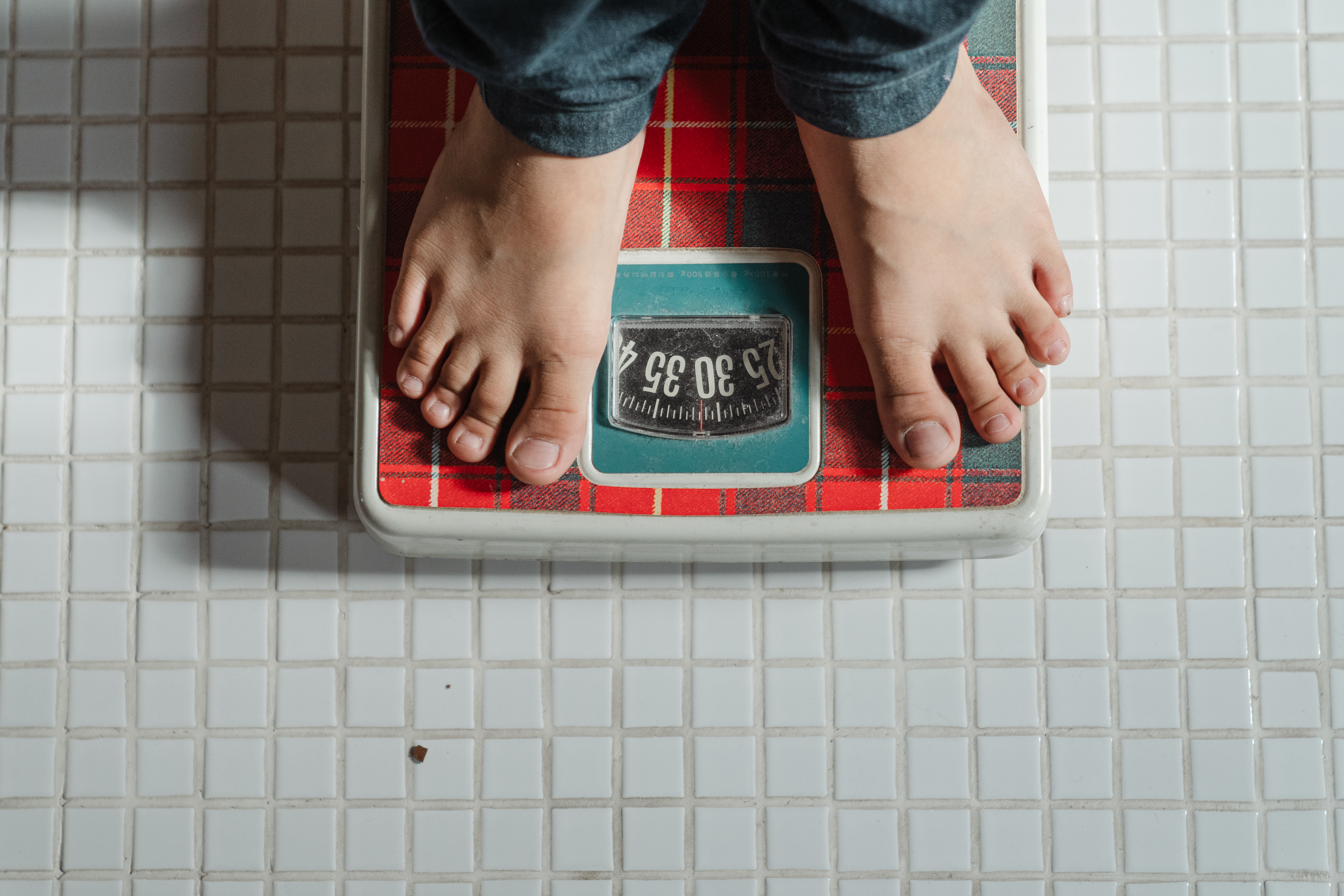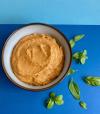
The change in quality of life that comes with weight loss after bariatric surgery can be extremely motivating for people, but what happens when the weight loss honeymoon period is over and the maintenance phase begins?
Evidence (1) suggests that up to 50% of people can experience weight regain after bariatric surgery when bad habits creep back in.
When weight regain occurs, often people try a ‘reset diet’ such as keto, intermittent fasting or a similar meal replacement programme. People hope their ‘reset diet’ will lead them back to a healthy lifestyle, but this rarely happens.
Instead, you should look at what old habits may have crept back in and, if so:
- Has there been a change in lifestyle or a particular event that has triggered this?
- What has worked in the past to overcome unhelpful habits?
- Are you still implementing these strategies?
It can seem too simplistic or even boring to some, but going back to the basic nutritional guidelines after surgery is often exactly what someone who may have experienced weight regain needs to do.
Below is a checklist to work through and begin implementing to help reconnect with your hunger and satiety cues, and use your surgery the way it was intended to be used.
How are you eating?
- Are you eating few than 3 main meals per day?
- Are you skipping meals?
- Do you graze across the day?
- Are you eating overnight?
- Are you taking small bites and chewing your food well to break it down and really enjoy it?
- Are you taking at least 20 minutes to eat a meal? Eating slowly can help with food tolerance and recognising satiety cues.
- Are you separating your food and fluids?
- Are you sitting at a table to eat and avoiding any distractions that interfere with your ability to stop when you are feeling full/
Are you organised?
- Are you meal planning? (use this food matrix to help you with ideas)
- Do you write a shopping list to ensure you have the foods you need at home?
- Do you have some healthy back up foods in the cupboard or freezer?
What are you eating/drinking?
- Have you stopped following the bariatric plate model at main meals: _ Use a side plate. _ And fill your plate with 50% protein, 40% non-starchy vegetables and 10% carbohydrate.
- How often are you cooking meals at home?
- How often do you buy takeaways or eat out?
- Do you consider the bariatric plate model when making food choices in this regard?
- Are you meeting your protein requirements each day?
- Are you choosing high quality proteins, carbohydrates and healthy fats?
- Are you meeting your fluid requirements each day?
- Do your drinks contain sugar or artificial sweeteners?
- Are you consuming alcohol and if so how much?
- Has your intake increased recently?
Physical hunger or head hunger?
- Do you feel physically hungry prior to eating?
- Are you eating in response to boredom, stress or for relaxation?
- What are you feeling and can food help with this feeling?
Self care
- Are you practising activities which help with relaxation everyday?
- Do you have a good support network around you?
- Are you taking your multivitamins?
- Are you still engaging with your Bariatric team?
- Are you getting your bloods tested regularly?
References
- Magro, D.O., Geloneze, B., Delfini, R. et al. Long-term Weight Regain after Gastric Bypass: A 5-year Prospective Study. OBES SURG 18, 648–651 (2008). https://doi.org/10.1007/s11695-007-9265-1


